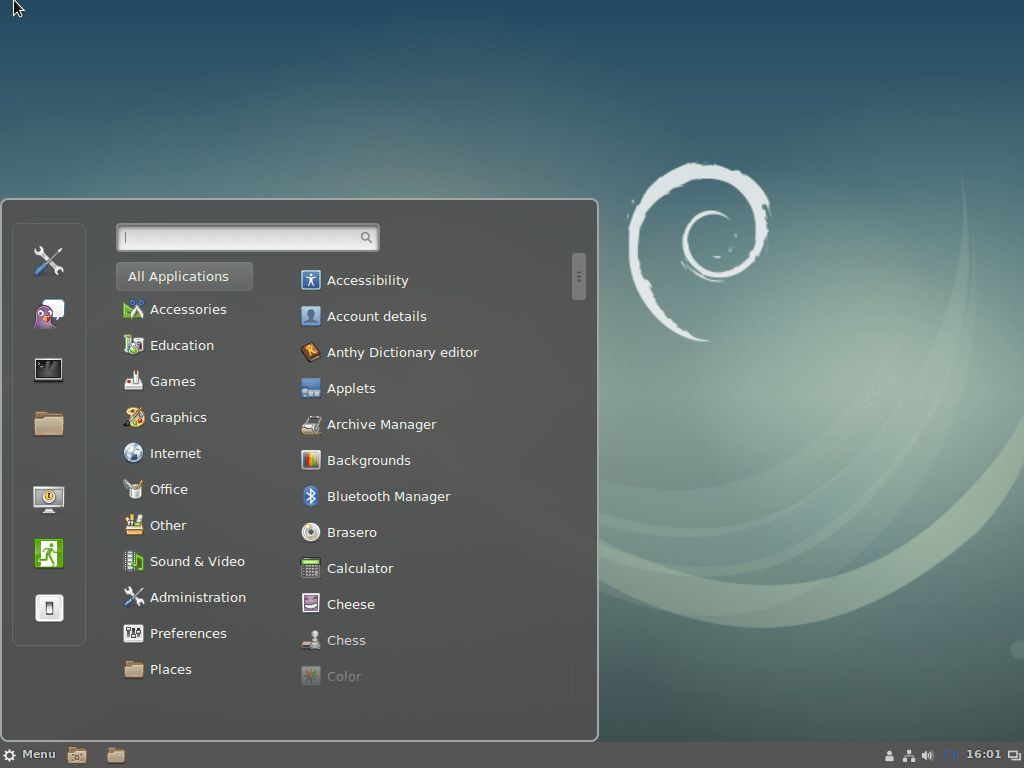
It allows you to install Python modules in an isolated location for a specific project, rather than being installed globally. Python virtual environment is a self-contained directory tree that includes a Python installation and a number of additional packages.

You can verify it by typing: python3.8 -version Python 3.8.2 Once the build is done, install the Python binaries by running the following command as a user with sudo accessĭo not use the standard make install as it will overwrite the default system python3 binary.Īt this point, Python 3.8 is installed on your Debian system and ready to be used. Modify the -j to correspond to the number of cores in your processor. Run make to start the build process: make -j 4 The -enable-optimizations option will optimize the Python binary by running multiple tests, which will make the build process slower. The script performs a number of checks to make sure all of the dependencies on your system are present. To the Python source directory and run the configure script: cd Python-3.8.2. When the download is complete, extract the tarball At the time of writing this article, the latest release is 3.8.2: curl -O Start by installing the packages necessary to build Python source: sudo apt update sudo apt install build-essential zlib1g-dev libncurses5-dev libgdbm-dev libnss3-dev libssl-dev libsqlite3-dev libreadline-dev libffi-dev curl libbz2-devĭownload the latest release’s source code from the Python download page Installing Python 3.8 on Debian 10 #īuilding Python 3.8 on Debian is a relatively straightforward process and will only take a few minutes.

We’ll also show you how to create a virtual environment. This tutorial covers how to install Python 3.8 on Debian 10. Python 3.8 is not available in the standard Debian 10 repositories. It includes many new features such as assignment expressions, positional-only parameters, f-strings support, and more Python Beginner Tutorial: How to Install Python on Windows 10ĭebian 10 includes Python version 3.7, which can be installed or updated using the aptĪt the time of writing, Python 3.8 is the latest major release of the Python language.


 0 kommentar(er)
0 kommentar(er)
